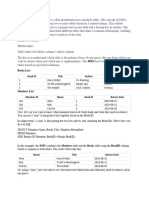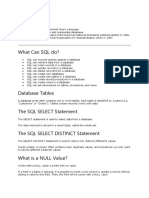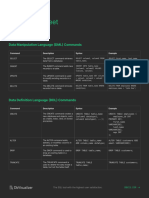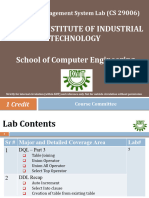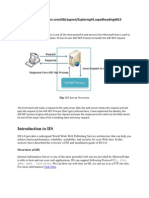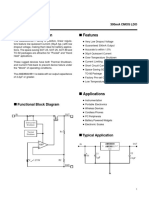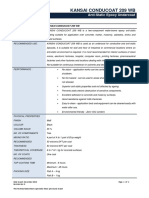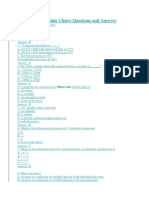0% found this document useful (0 votes)
10 views15 pagesDBMS Slide 8 Data-Manipulation Part1
The document provides an overview of data manipulation in Database Management Systems (DBMS), highlighting its importance for data retrieval, modification, integrity, security, analysis, maintenance, and integration. It explains SQL joins, including Inner, Left, Right, and Full Joins, detailing how they combine data from multiple tables based on common fields. Examples of SQL queries for each type of join are also included to illustrate their practical application.
Uploaded by
tongquinCopyright
© © All Rights Reserved
We take content rights seriously. If you suspect this is your content, claim it here.
Available Formats
Download as PDF, TXT or read online on Scribd
0% found this document useful (0 votes)
10 views15 pagesDBMS Slide 8 Data-Manipulation Part1
The document provides an overview of data manipulation in Database Management Systems (DBMS), highlighting its importance for data retrieval, modification, integrity, security, analysis, maintenance, and integration. It explains SQL joins, including Inner, Left, Right, and Full Joins, detailing how they combine data from multiple tables based on common fields. Examples of SQL queries for each type of join are also included to illustrate their practical application.
Uploaded by
tongquinCopyright
© © All Rights Reserved
We take content rights seriously. If you suspect this is your content, claim it here.
Available Formats
Download as PDF, TXT or read online on Scribd
/ 15




















